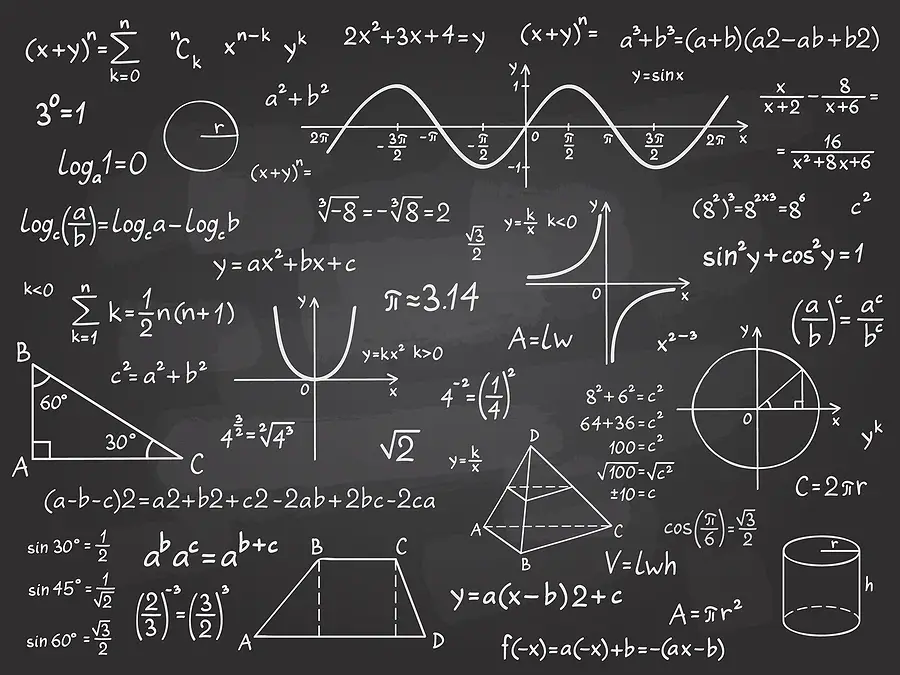How to Perform Basic Matrix Operations
We introduce and define matrices. Furthermore, we learn how to perform matrix addition and matrix subtraction.
A matrix is simply a 2-dimensional vector. While vectors only have one dimension m, matrices have 2 dimensions m and n
A =
\begin{bmatrix}
a_{11} & ... & a_{1n} \\
... & ... & ... \\
a_{m1} & ... & a_{mn} \\
\end{bmatrix}We say A is an m \times n matrix. As you can see, we usually denote matrices with capital letters.
Matrix Addition
Adding matrices A and B is achieved by obtaining the element-wise sum C of A and B.
For matrix addition to work, both matrices need two have the same number of dimensions.
In math notation we would say:
A \in \mathbb{R}^{m \times n} +
B \in \mathbb{R}^{m \times n} =
C \in \mathbb{R}^{m \times n}For example:
A + B =
\begin{bmatrix}
4 & 4 \\
5 & 5 \\
\end{bmatrix}
+
\begin{bmatrix}
1 & 2 \\
1 & 2 \\
\end{bmatrix}
=
\begin{bmatrix}
5 & 6 \\
6 & 7 \\
\end{bmatrix}Note: In strict mathematical terms, you can only add two matrices if they have the same dimensions. If you do matrix math in a programming language like python, you’ll encounter a concept called broadcasting. This allows you to perform operations like matrix-vector addition. For example, if you add a matrix A and a dimensional vector b, python will replicate b 4 times, essentially creating a matrix B of the same dimensions of A for the purpose of addition.
Matrix Subtraction
According to the same rules, subtracting matrices A and B is possible by taking:
A \in \mathbb{R}^{m \times n} -
B \in \mathbb{R}^{m \times n} =
C \in \mathbb{R}^{m \times n}In our example this gives us the following result:
A - B =
\begin{bmatrix}
4 & 4 \\
5 & 5 \\
\end{bmatrix}
-
\begin{bmatrix}
1 & 2 \\
1 & 2 \\
\end{bmatrix}
=
\begin{bmatrix}
3 & 2 \\
4 & 3 \\
\end{bmatrix}
Matrix Division?
I’ve included division only for completeness’s sake. Mathematically, matrix division is not defined. However, in cases where division would be required, we usually invert a matrix.
This post is part of a series on linear algebra for machine learning. To read other posts in this series, go to the index.




